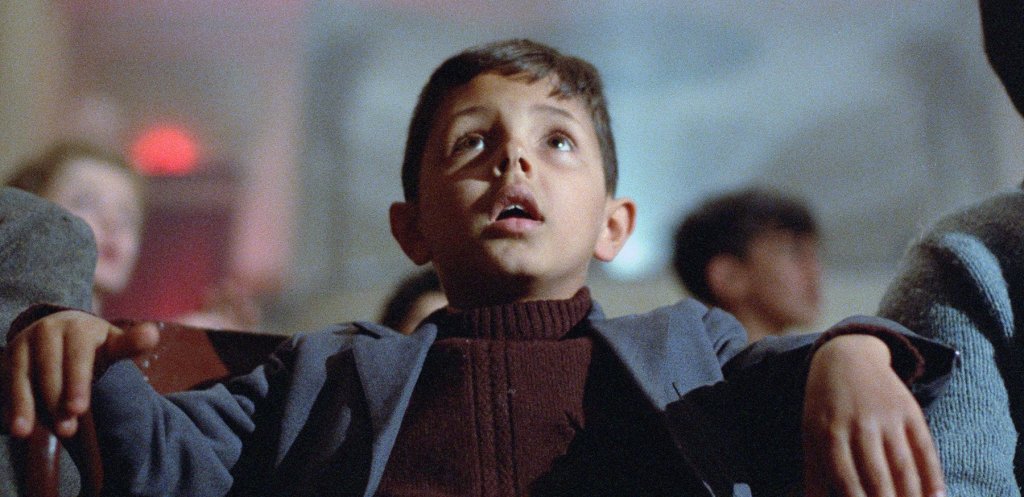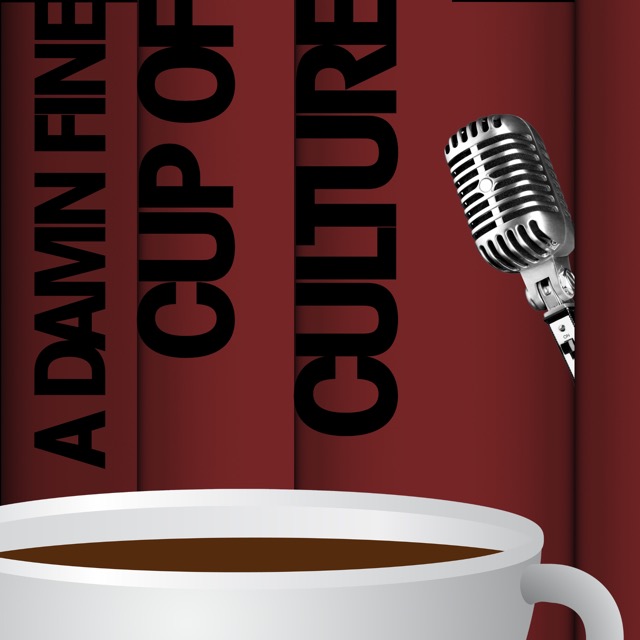
It’s not that much of a jump from last month’s espresso topic of cinematic women behaving badly (well, at least in the eyes of the society) to this month’s theme. Over the last month or so, the best cinema in the world showed a series of films by the American director Dorothy Arzner, who was mainly active from the 1920s to the early 1940s. Arzner stands out not only as a female director who helped launch the careers of actresses such as Katharine Hepburn, Rosalind Russell and Lucille Ball, her films are also impressively ahead of their time in terms of their depiction of women and their critique of marriage and of heteronormative pairings as the sole path to contentment. Working in genres from screwball comedy and melodrama to literary adaptation and war films, and being more than willing to blend genres and tone, Arzner directed films that both reflect their times and feel strikingly modern. Join Julie and Matt as they discuss some of Arzner’s greats, from Dance, Girl, Dance to Merrily We Go to Hell, and from Working Girls to the flawed but fascinating Christopher Strong and Craig’s Wife.
Continue reading




